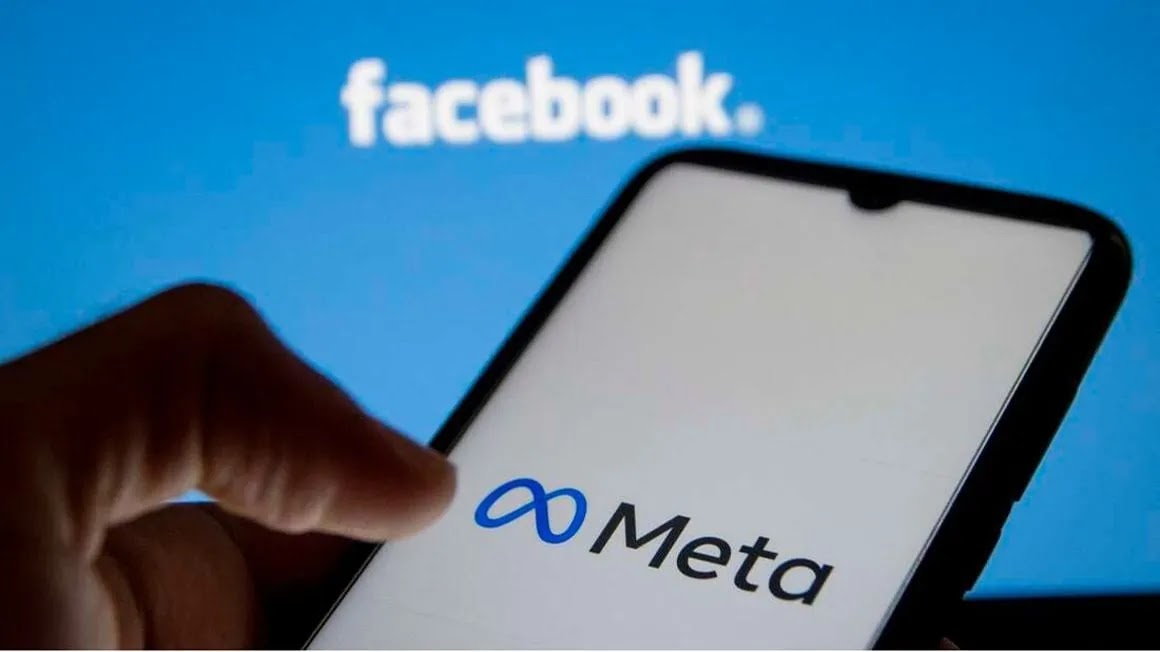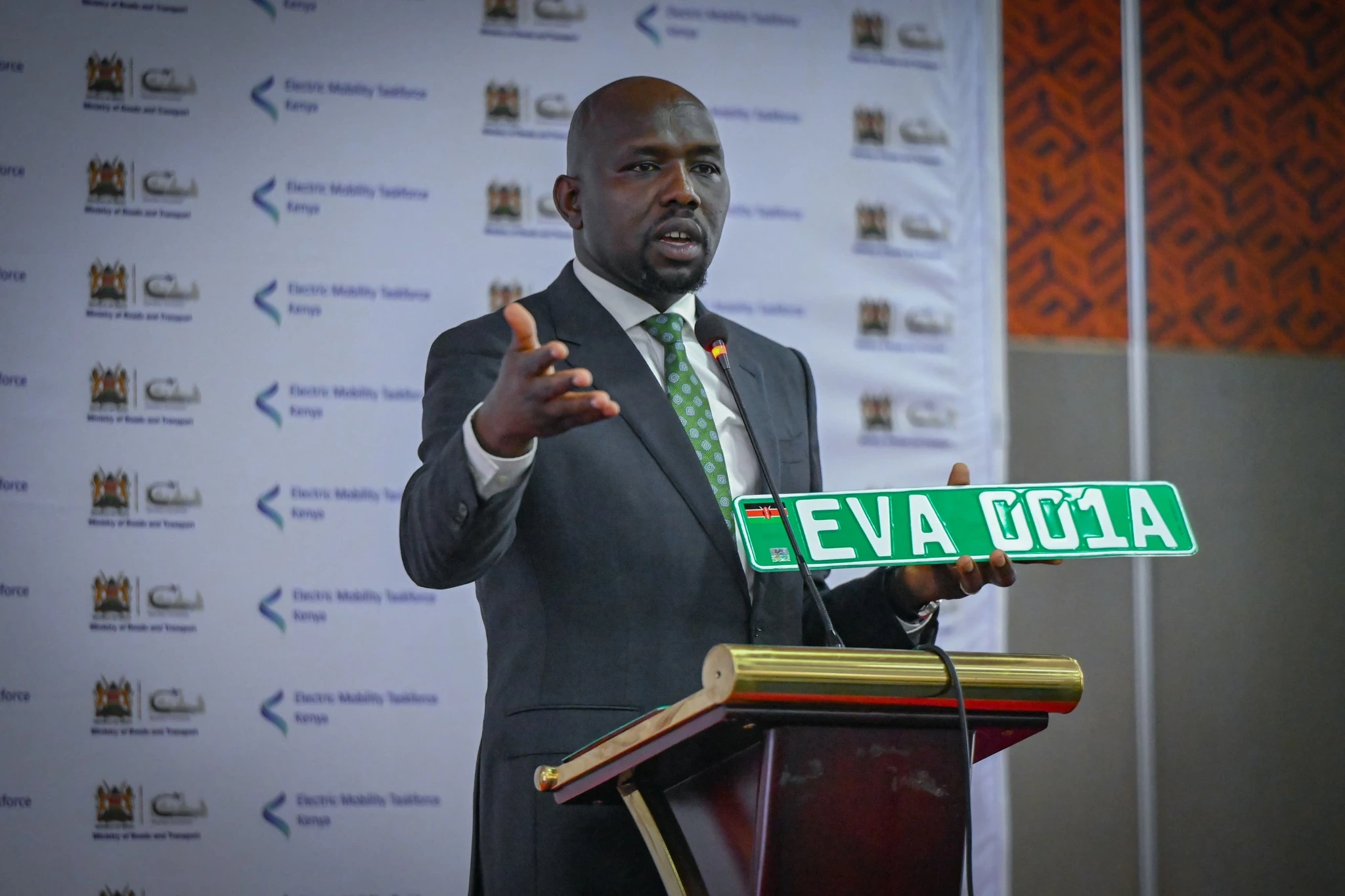
Kenyan High Court Rules Meta Can Be Sued Over Facebook Hate Speech in Ethiopia Conflict
In a major win for accountability, the Kenyan High Court has ruled that Meta Platforms Inc., the parent company of Facebook, can be sued in Kenya over its alleged role in amplifying hate speech that contributed to ethnic violence in Ethiopia between 2020 and 2022.
The lawsuit, filed by Ethiopian researchers Abrham Meareg and Fisseha Tekle, alongside Katiba Institute, a Kenyan constitutional rights organization, accuses Facebook’s algorithm of promoting inflammatory content that incited violence during the Tigray conflict. The petitioners are seeking $2.4 billion (KSh310 billion) as a restitution fund for victims of hate and ethnic persecution.
Meta’s Jurisdiction Argument Dismissed
Meta had asked the court to dismiss the case, arguing that Kenyan courts have no jurisdiction since the company is not based in Kenya. But the High Court disagreed, saying Meta can be held accountable in Kenya where the company has a significant regional presence and business interests, including a content moderation hub operated through third-party contractors.
Tragic Consequences of Algorithmic Amplification
One of the petitioners, Abrham Meareg, says his father—a professor at Bahir Dar University in Ethiopia—was murdered after being targeted in hate-filled Facebook posts that allegedly called for violence against him. The lawsuit claims Meta failed to act fast on reported content that posed a clear risk of inciting violence.
The plaintiffs argue that Meta’s recommendation systems designed to maximize engagement instead amplified divisive content, escalating tensions in an already volatile region. The company’s failure to moderate such content, they say, violates basic human rights.
Human Rights Groups Welcome Ruling
The decision has been welcomed by human rights organizations who see it as a big win in the push to hold big tech corporations accountable in Africa.
“The ruling shows that the harm caused by big tech’s discriminatory policies in the African context can be challenged in our own Kenyan courts,” said Nora Mbagathi, Executive Director of Katiba Institute. “It sends a strong message to Facebook and other platforms.”
Amnesty International agrees, saying the ruling means tech companies can no longer operate with impunity in the Global South. “Today’s ruling is a good step towards holding big tech companies accountable for human rights abuses,” said Mandi Mudarikwa, Head of Strategic Litigation at Amnesty International. “It opens the door for justice and tells tech platforms the era of impunity is over.”
Meta Sued in Three Kenyan Cases
This is one of three cases Meta is facing in Kenya. The company is also being sued by content moderators who claim they were subjected to poor working conditions, including psychological distress and retaliatory termination after trying to form a union.
Meta has not commented publicly on the High Court’s ruling.


